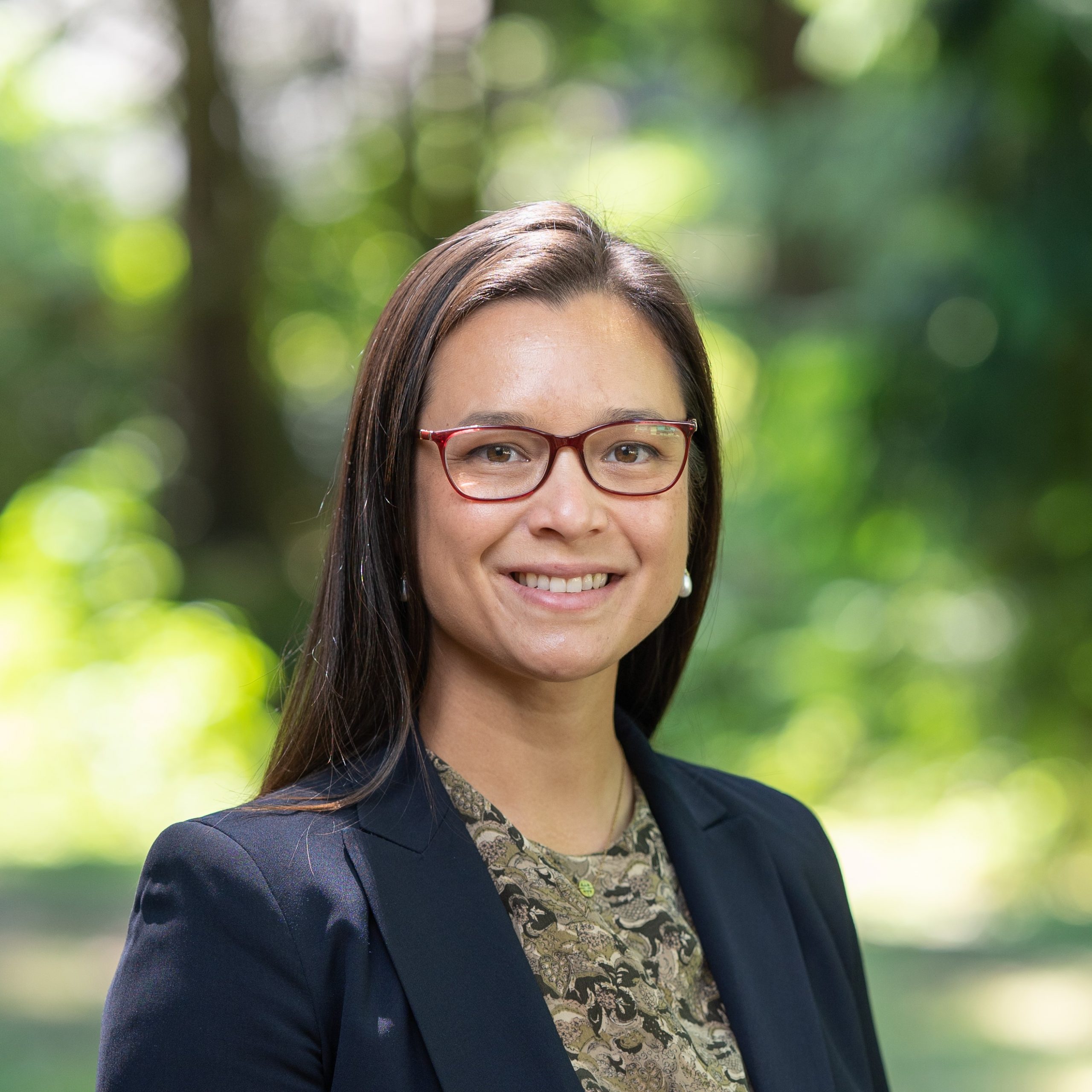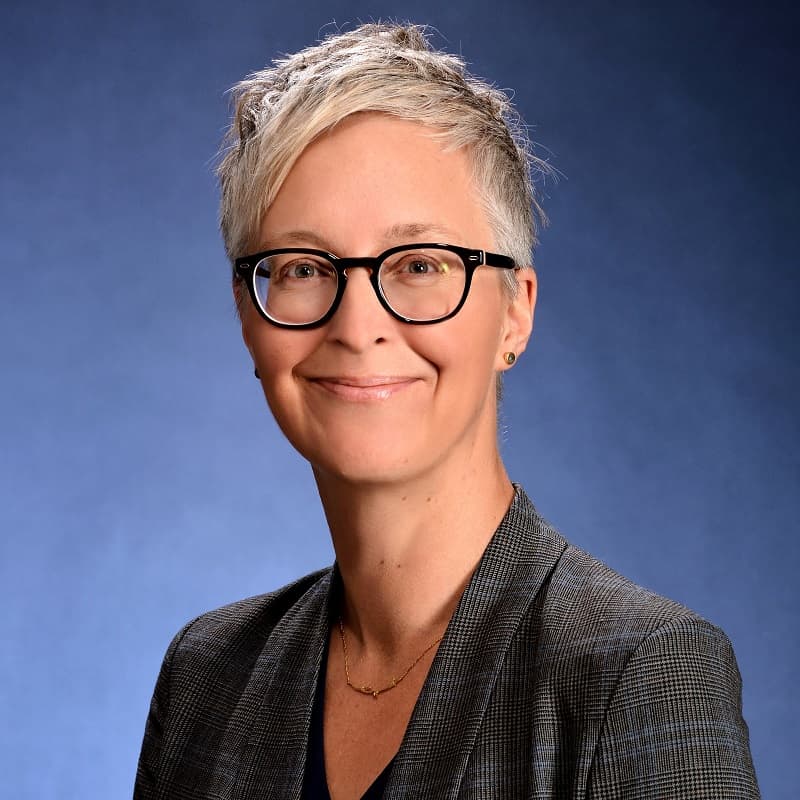Victor Cardenas

Victor Cardenas
PhD Student
Research Interests
climate risk, physical and transition risk
Bio
Victor is a PhD student at the Institute for Resources, Environment, and Sustainability under the supervision of Dr. Milind Kandlikar and Dr. Simon Donner. His research interests are in understanding climate change’s impact on micro financial entities in developing economies. Using climate modeling in conjunction with financial modeling, his research aims to estimates the impact of climate risk on financial entities’ financial health (default risk). His research assesses climate risk as the result of the interaction of physical and transition risks.
He has more than 20 years’ experience in about 30 countries in the public and private sector, in the field of disaster risk financing and climate change. He has worked as a consultant for the World Bank, the Inter-American Development Bank, the United Nations Development Programme, the United Nations Office for Disaster Risk Reduction, the German and English Cooperation Agency, among others. He is currently a member of the Technical Expert Group on Comprehensive Risk Management under the Warsaw International Mechanism for Loss and Damages of the United Nations.
He holds a B.A. in Economics from the Instituto Tecnológico Autonomo de México (ITAM) and a Master in Finance from the Instituto de Empresa in Madrid, Spain. He has multiple courses in extreme risks and climate risk focused on the financial sector.
Juliet Lu

Juliet Lu
Assistant Professor, Department of Forest Resources Management
Assistant Professor, School for Public Policy and Global Affairs
Contact Details
Bio
Juliet Lu is appointed in Forestry and SPPGA, not at IRES, and instead is a Faculty Associate of our unit. She may supervise students in our graduate program.
Juliet Lu is an Assistant Professor in the Department of Forest Resources Management and the School for Public Policy and Global Affairs at the University of British Columbia. She is a political ecologist focused on the implications of China’s growing investments in land and other resources in Southeast Asia and beyond. Dr. Lu’s research examines conflicts and governance issues around resource extraction and intensive land use. She focuses on transnational land investments, namely Chinese rubber plantations in Laos, the promotion of monoculture plantations at the expense of more biodiverse systems, and the rise of private sector sustainable governance initiatives worldwide. She is looking to work with students interested in conducting grounded research around land conflicts, cash crop-driven land use change, and Chinese investments.’
Shannon Hagerman

Shannon Hagerman
Associate Professor and Associate Dean Graduate and Postdoctoral Studies, Faculty of Forestry
Contact Details
shannon[dot]hagerman[at]ubc[dot]ca
Social-Ecological Systems Research Group
Twitter: @SES_UBC
Bio
Shannon Hagerman is appointed in Forestry, not at IRES, and instead is a Faculty Associate of our unit. She may supervise students in our RES graduate program.
My research and teaching interests focus on the interconnected themes of conservation and social-ecological change. I am specifically interested in human behavioural, institutional and policy elements of managing social-ecological systems (SES) in a rapidly changing world.
Here are some of the environmental issues that I am currently working on with my research group:
- Climate Change Adaptation and Transformation: Perception and governance of risks associated with novel management interventions for biodiversity and natural resources (eg assisted migration, altered fire regimes)
- Knowledge Politics at the Science-Policy-Management Interface: Social and political processes by which the credibility of different forms of knowledge and expertise is asserted (and contested) from community level to global conservation initiatives
- Promise and Pushback of Targets-Based Environmental Governance: From the Convention on Biological Diversity to the Sustainable Development Goals, the use and pursuit of targets is enjoying widespread enthusiasm in policy and public spheres. It has also raised fundamental concerns about the potential risks (for both biodiversity and human communities) of governing through goals that are inextricably linked with particular ways of counting and knowing biodiversity.
Prospective students:
If you are interested in applying social science perspectives and methods to advance understanding of complex conservation and management dilemmas, please get in touch via email with a letter of interest and CV.